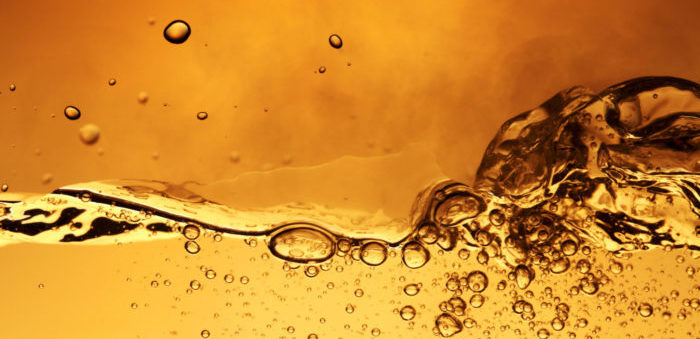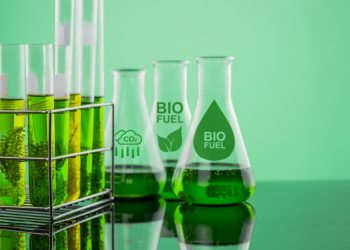The European Parliament rejected the opportunity to change the EU’s green fuels law which could have ended the use of food crops in biofuels. Oxfam and Transport & Environment have labelled the vote a missed opportunity to ease pressure on the global food crisis.
According to Oxfam and T&E, this means that the current rules on biofuels remain in place.
Europe will continue to burn the equivalent of 15 million loaves of bread and 19 million bottles of sunflower and rapeseed oil every day to fuel its cars and trucks
In addition, Maik Marahrens, Senior Campaigner at T&E, stated that “the European Parliament missed a historic chance to stand up for the most vulnerable. If Europe alone were to release the grain it burns for biofuels to the global market, we could feed millions of people. Europe’s lawmakers failed to put right one of Europe’s most destructive climate policies.”
What else was voted on?
#1 Soy/palm: MEPs voted for soy and palm oil to be phased out in 2023 in what is good news for biodiversity and local communities. This represents a significant win for NGOs, including T&E, who have campaigned for years to get deforestation driving biofuels out of the RED.
#2 Transport fuels: The Parliament adopted a high target for renewable energy in transport, requiring a 16% reduction in the carbon footprint of EU fuels by 2030 – higher than the 13% target initially proposed by the Commission in 2021. There is a risk that this will increase the use of unsustainable biomass sources, such as intermediate crops for biofuels, warns T&E.
#3 Hydrogen: The Parliament voted to eliminate the additionality principle by a very slim majority – the requirement that new hydrogen and e-fuels are met with additional renewables generation – for Renewable Fuels of Non-Biological Origins from the RED. This sends a bad signal to the European Commission, which is in the process of finalising its draft delegated act on additionality. T&E calls on the Commission to ensure that renewable hydrogen and e-fuels are produced with additional renewables to avoid making the energy grid dirtier in the short-term.
MEPs caved in to industry calls to weaken the sustainability criteria for green hydrogen and e-fuels. By adopting a quantity before quality approach, a slim majority of MEPs went against the letter and spirit of the Renewable Energy Directive
Geert Decock, Electricity & Energy Manager, concluded.
































































For some editorial balance, here is a comment from the European renewable ethanol industry on the vote: “The European Parliament has wisely ignored an onslaught of misleading claims about the sustainability of European biofuels such as renewable ethanol, and instead supported a continuing role for this important renewable energy source in the decarbonisation of EU transport,” said David Carpintero, Director General of ePURE, the European renewable energy association.
“European biorefineries make a strategic contribution to EU food security and energy independence,” Carpintero added. “Everyone agrees on the need to move beyond fossil fuels, and renewable ethanol is a domestic EU solution that is immediate, cost-effective, sustainable and socially inclusive. As final negotiations between the European Commission, Parliament and Member States kick off, we will be working to ensure this role for sustainable biofuels is preserved. The only alternative is an unacceptable one: opening the door to more imported fossil fuel.”
https://www.epure.org/press-release/european-parliament-votes-to-keep-an-important-role-for-renewable-ethanol-in-the-revised-renewable-energy-directive/